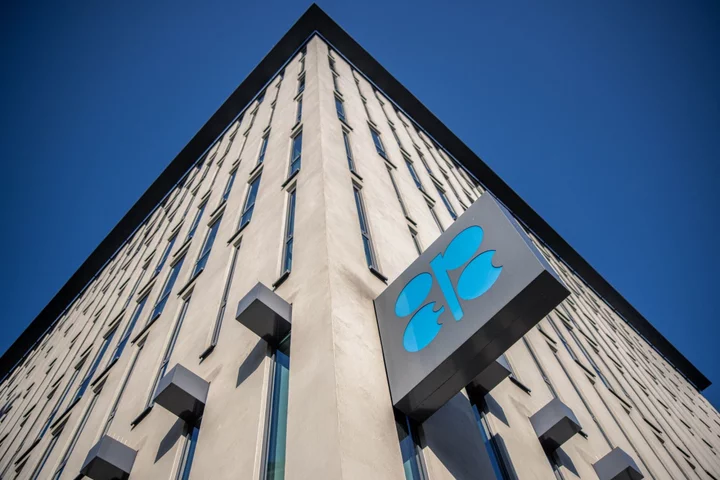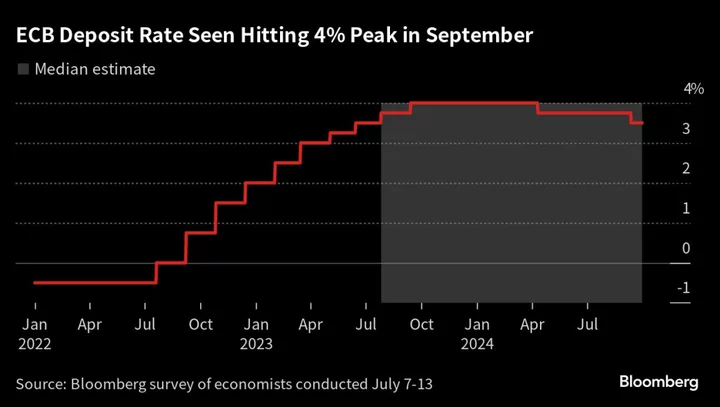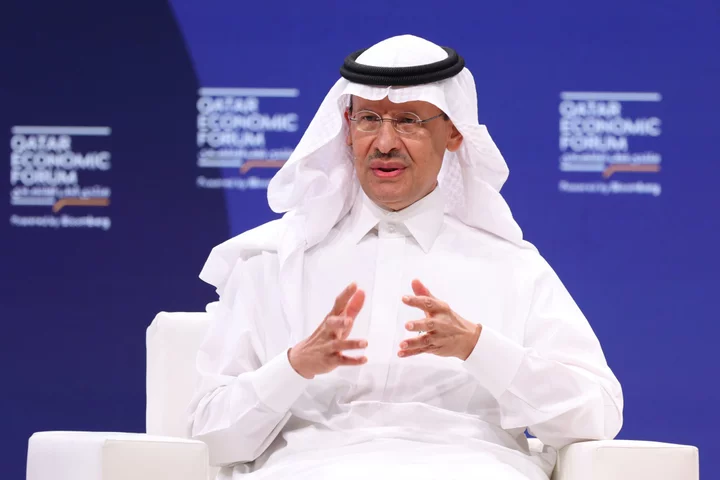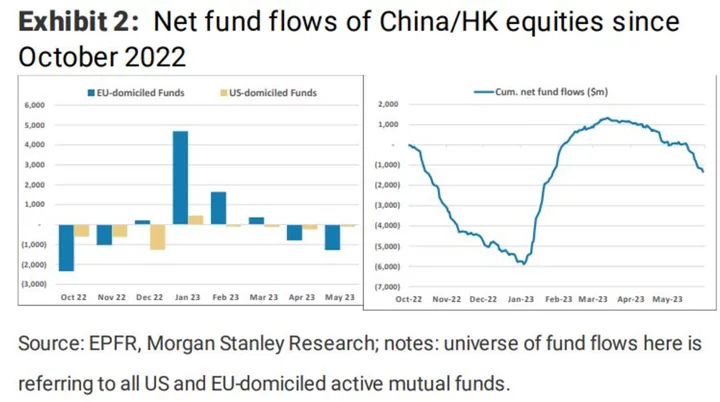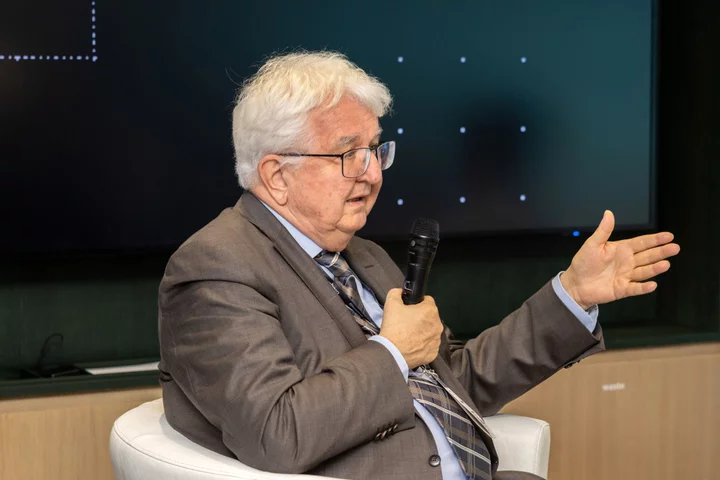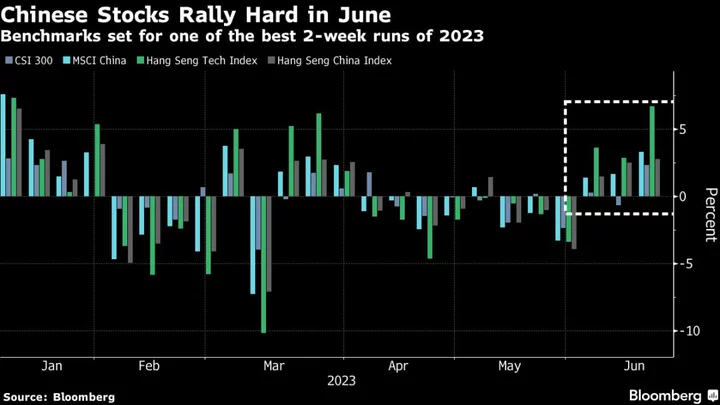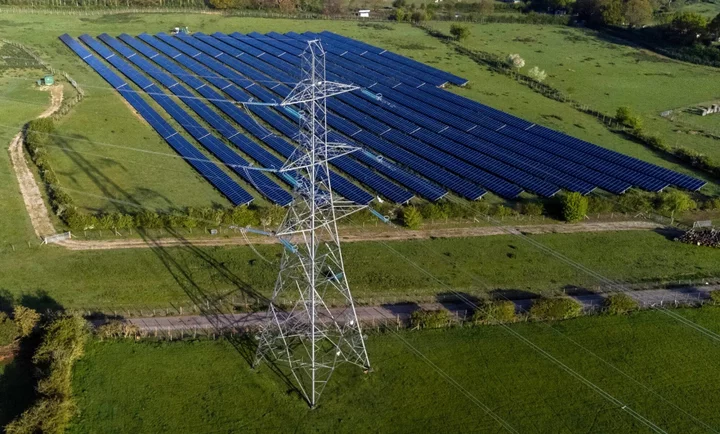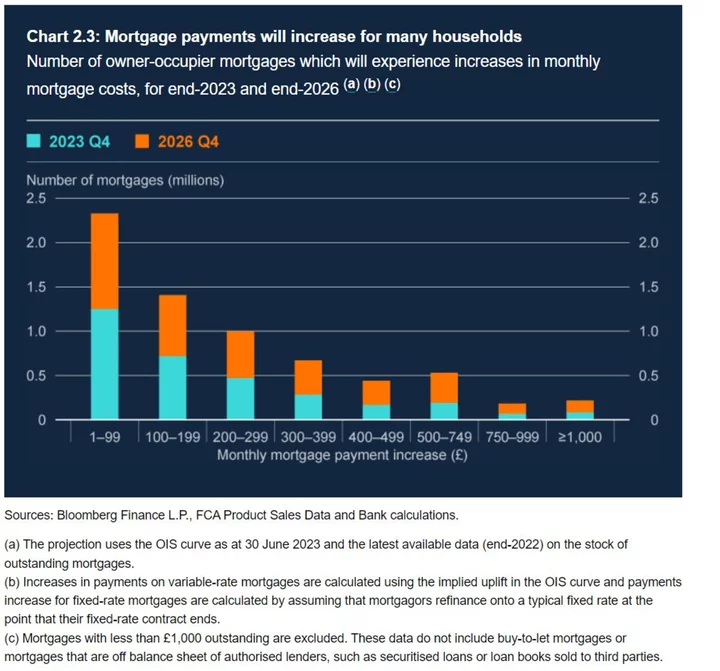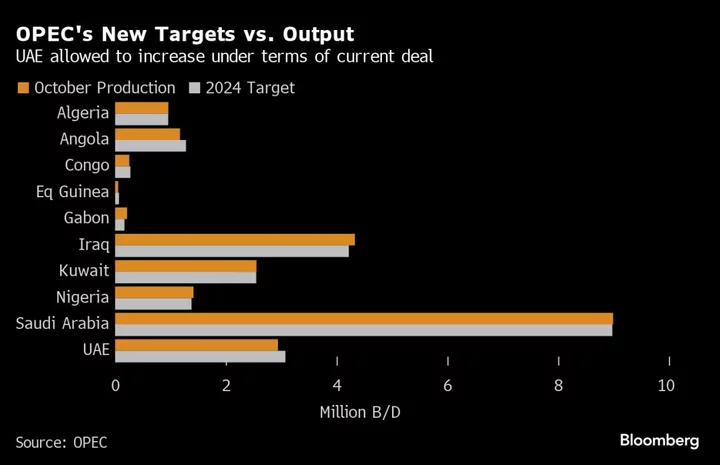OPEC+ gathered in Vienna to decide whether to give existing production cuts more time to take effect, or take further preemptive action to boost prices.
A fresh cut is among the options being discussed, according to one delegate, though others said the outcome of the meeting was still wide open. Ministers from Saudi Arabia, Kuwait and the United Arab Emirates met in Vienna on Saturday morning, before the wider ministerial meeting later in the day and the full OPEC+ conference on Sunday.
“Everything is on the table,” Iran’s OPEC Governor Amir Zamaninia told reporters in the Austrian capital on Saturday. “It’s the collective wisdom of the ministers to come up with the decision “
The group’s deliberations were further complicated by the fact that oil prices rose for a second day on Friday amid greater economic optimism, a reversal of the steep declines seen in late May when the market was dominated by recession fears.
A supply reduction of as much as 1 million barrels a day is the most likely outcome, according to RBC’s Chief Commodities Strategist Helima Croft. “We think that the continued macro worries and soured sentiment will lead the group to make another downward adjustment,” she said in a note.
The Organization of Petroleum Exporting Countries and its allies are gathering in person for just the second time since the pandemic forced meetings online. The six-year-old alliance with Russia — which broke down in 2020 in a brief but bitter price war — has remained intact since Moscow’s invasion of Ukraine.
The cartel has maintained a united front in defiance of calls from the US for more oil, surprising some in Washington who thought they could count on their longtime Gulf ally. But sanctions have redrawn the oil map, with Russia sending more oil to Asia, competing with Saudi Arabia in its traditional market. And there’s little sign that Russia is sticking to the promises it had made on cuts.
OPEC+ is only a month into the production cuts announced in April. Those surprise curbs caused a brief price rally, but oil traders have since amassed short positions in crude futures as the slowly global economy threatened demand. Prices fell by 11% in New York in May, ending the month at about $68 a barrel.
Even with the recovery in the first two days of June, crude was about 14% below its mid-April peak as concern about the Chinese economy weighs on sentiment.
When asked about this bearish trend last week, Saudi Energy Minister Prince Abdulaziz bin Salman, who has sought to hurt short sellers with previous rounds of cuts, told speculators to “watch out.”
That message wasn’t enough to shift sentiment though, particularly after Russia’s Deputy Prime Minister Alexander Novak told Izvestia that the group was unlikely to take “any new steps.”
Novak later moderated that statement, saying the group could decide to take any action that’s necessary. Yet with Russia’s promised cuts failing to show up in international markets, it’s not clear if the group will be able to find consensus for another round of reductions so soon.
The run-up to the meeting was overshadowed by that difference in views between the two largest members, as well as by a decision to bar journalists from Bloomberg, Reuters and the Wall Street Journal from attending the gathering in Vienna. OPEC ministers hold their meeting on Saturday, followed by a full OPEC+ conference on Sunday.
Read more: OPEC+ Faces Oil Market Torn by Demand Rebound and Recession Fear
The surprise cuts announced in April amount to about 1.2 million barrels a day — on top of a 500,000 barrel-a-day reduction already announced by Russia — and will run until the end of the year. It’s difficult to gauge their impact after just a few weeks, analysts at JPMorgan Chase & Co. said in a note.
The cuts “became visible in export data only in the second week of May,” according to the bank. “It will likely take several more weeks to ascertain their implementation and effectiveness.” They should be sufficient to tighten oil markets in the second half of the year assuming there’s no recession, JPMorgan said.
“The main objective of OPEC and its allies is to preserve the stability of the oil market and avoid any volatility,” Hayyan Abdul Ghani, Iraq’s minister of oil and deputy prime minister for energy affairs, told reporters as he arrived in Vienna on Friday. “We will not hesitate to take any decision that would bring more balance and stability.”
(Updates with comment from Iran in third paragraph.)
Author: Grant Smith, Ben Bartenstein, Fiona MacDonald and Nayla Razzouk

